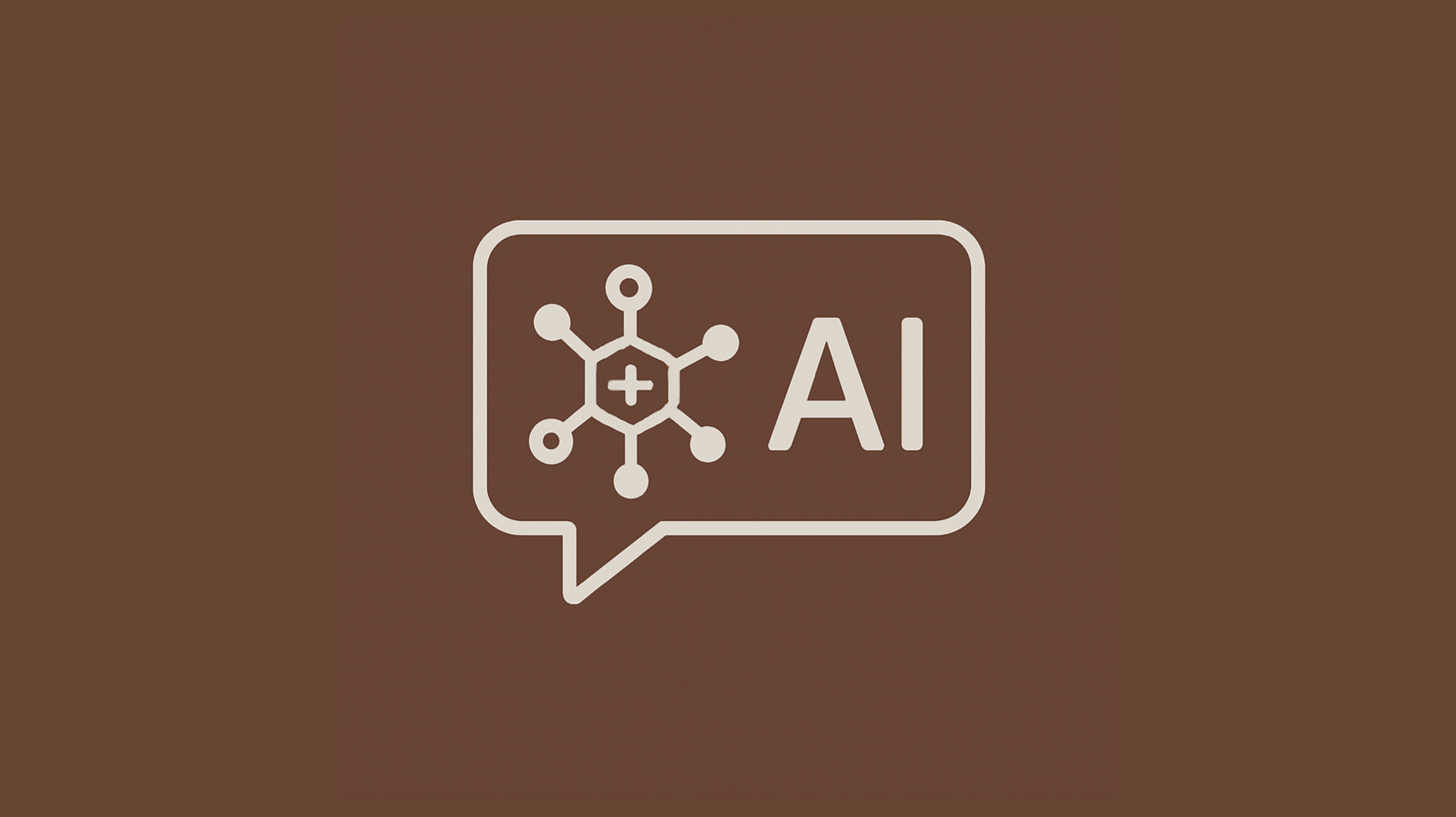Article

Brain-computer interfaces are opening new possibilities. Brain-computer interface (BCI) have the potential to give people with limited mobility increasing independence. In the future they might restore the power of speech to victims of severe strokes, as well as offer radical remedies for mental illness and Alzheimer’s disease. Yet BCIs can also be used in invasive ways that compromise individual freedom, such as an infallible lie detector and robotic super soldiers. Both technologies are based on the same scientific breakthroughs, and both take scientists one stop closer to decoding the brain. But scientists are finding that the brain does not give up its secrets easily...
Show More0 likes
ChatGPT notes on this Article
This article examines the implications of Brain-Computer Interface (BCIs) technologies for individuals with limited mobility. While these technologies offer exciting possibilities such as restoring power to stroke victims or providing remedies for mental illness and Alzheimer's disease, they can also be used in ways which may compromise individual freedom, including an infallible lie detector and robotic super soldiers. Although scientists have made breakthroughs in decoding the brain, it has proven difficult to fully uncover its secrets.
Keywords: Brain-Computer Interface (BCI), limited mobility, restore power, radical remedies, mental illness/Alzheimer's disease, infallible lie detector, robotic super soldiers
Comments
MORE RESOURCES FROM SOURCE
More from FoundryBase Nautilus












No comments yet. Be the first to comment!